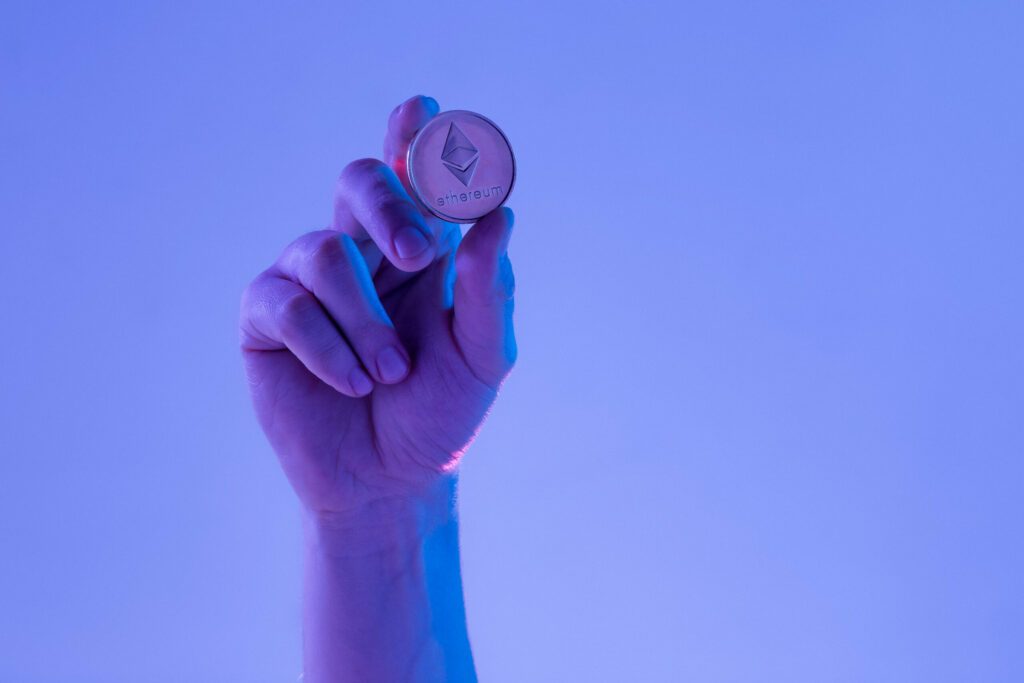Electronic communications containing transaction instructions are delivered to the entire network during cryptocurrency transactions. The instructions include details like the parties’ electronic addresses, the amount of money to be swapped, and a time stamp. Let’s say Alice wishes to send Bob one bitcoin unit. A digital message containing Alice’s instructions is sent to the network, where it is visible to all users, to begin the transaction. One of several transactions that have recently been sent is Alice’s.
The transaction is waiting to be combined with other recent transactions into a block because the system is not immediate (which is just a group of the most recent transactions). The network’s other users verify the answer when a miner has successfully cracked the code, and they agree that it is correct. The transaction made by Alice is confirmed, and the new block of transactions is added to the end of the blockchain. Users can be guaranteed that their transaction has been successful by waiting for six blocks of transactions to be processed, therefore this confirmation is not quick.
Is cryptocurrency considered money?
Is bitcoin considered “money?” is an issue that comes up frequently. Cryptocurrency is not a kind of money, is the succinct response. To comprehend why, we can determine whether the traits of cryptocurrencies resemble the fundamental traits of money:
- Can people purchase and sell products with cryptocurrency as a widely utilized form of payment? The most common type of money is a country’s currency, which is commonly acknowledged as a method of payment.
- The ability of cryptos to buy a comparable assortment of goods and services—their store of value—can this be sustained over time? Many cryptocurrencies have significant price swings, which makes it difficult for them to retain their purchasing power over time and reduces their usefulness as a store of value.
- Are cryptocurrencies used as a single unit of account for valuing goods and services? Australian dollars are used in Australia to measure the cost of goods and services.
Hence, even if cryptocurrencies can be used to make payments, their usage as a form of payment is currently limited and they lack the essential features of money. Digital currency issued by a central bank is the only sort of digital currency that might be regarded as money.
Why do people invest in cryptocurrency?
People invest in cryptocurrency because they think that as the value increases over time. Let’s use Bitcoin as a simple example. Theoretically, if consumers and businesses agreed that using Bitcoin provided a superior shopping experience to using dollars, customers may switch more of their dollars to Bitcoin while businesses might accept more Bitcoin payments. The demand for Bitcoin would rise if this occurred on a significant scale, driving up its dollar price. Hence, if someone had acquired one Bitcoin prior to that rise in demand, he might conceivably recoup the investment by selling it for more money than he paid for it. Ethereum follows the same rules.
The Ethereum blockchain uses Ether as its native money, allowing developers to create financial apps without the aid of a third-party financial institution. The demand for Ether should increase as more applications are created and operate on the Ethereum blockchain, since developers need it to do so. It’s crucial to remember that some people do not view cryptocurrencies as investments at all and others claim bitcoin is a vastly superior form of money to the one people currently use.

